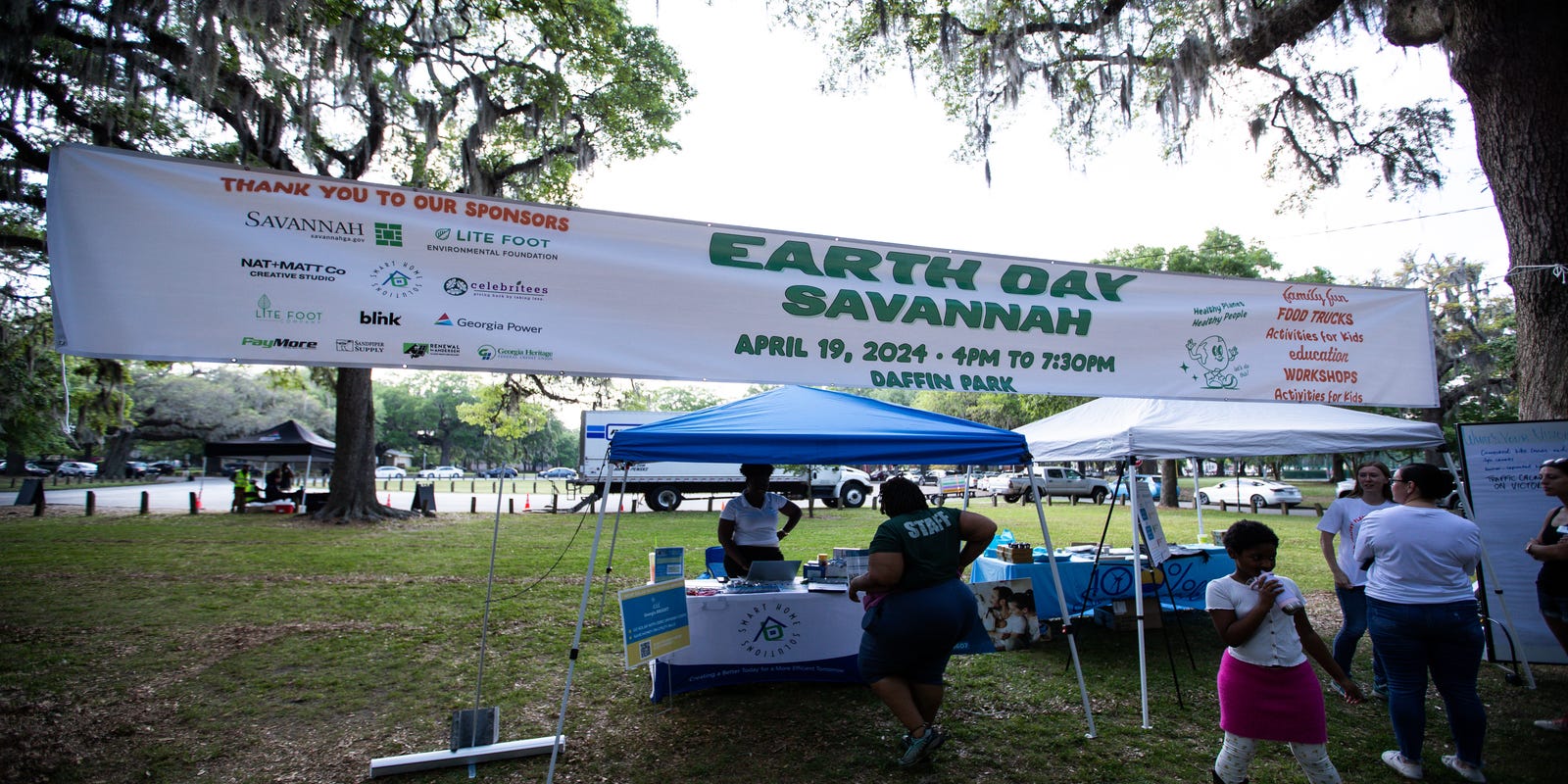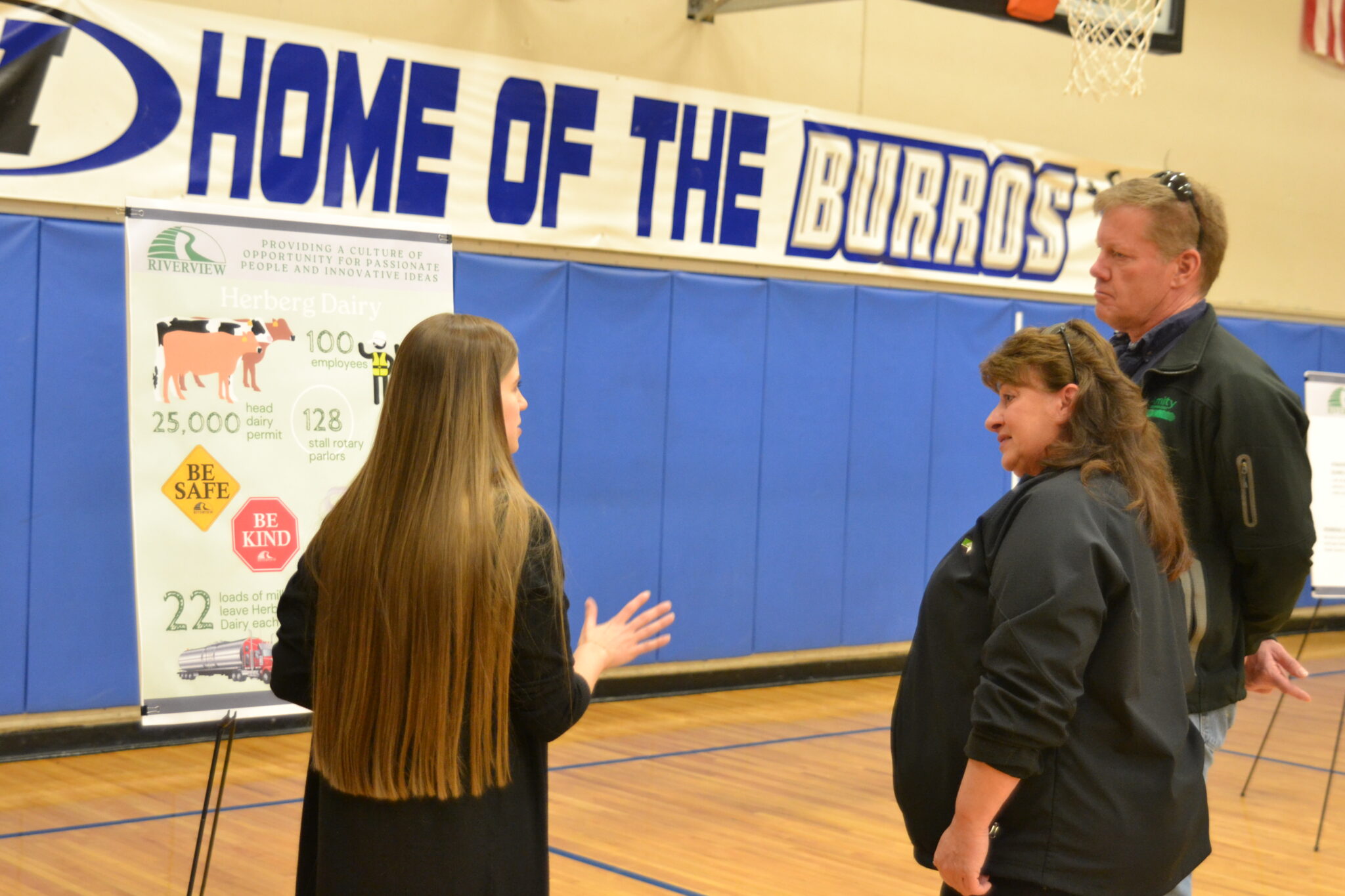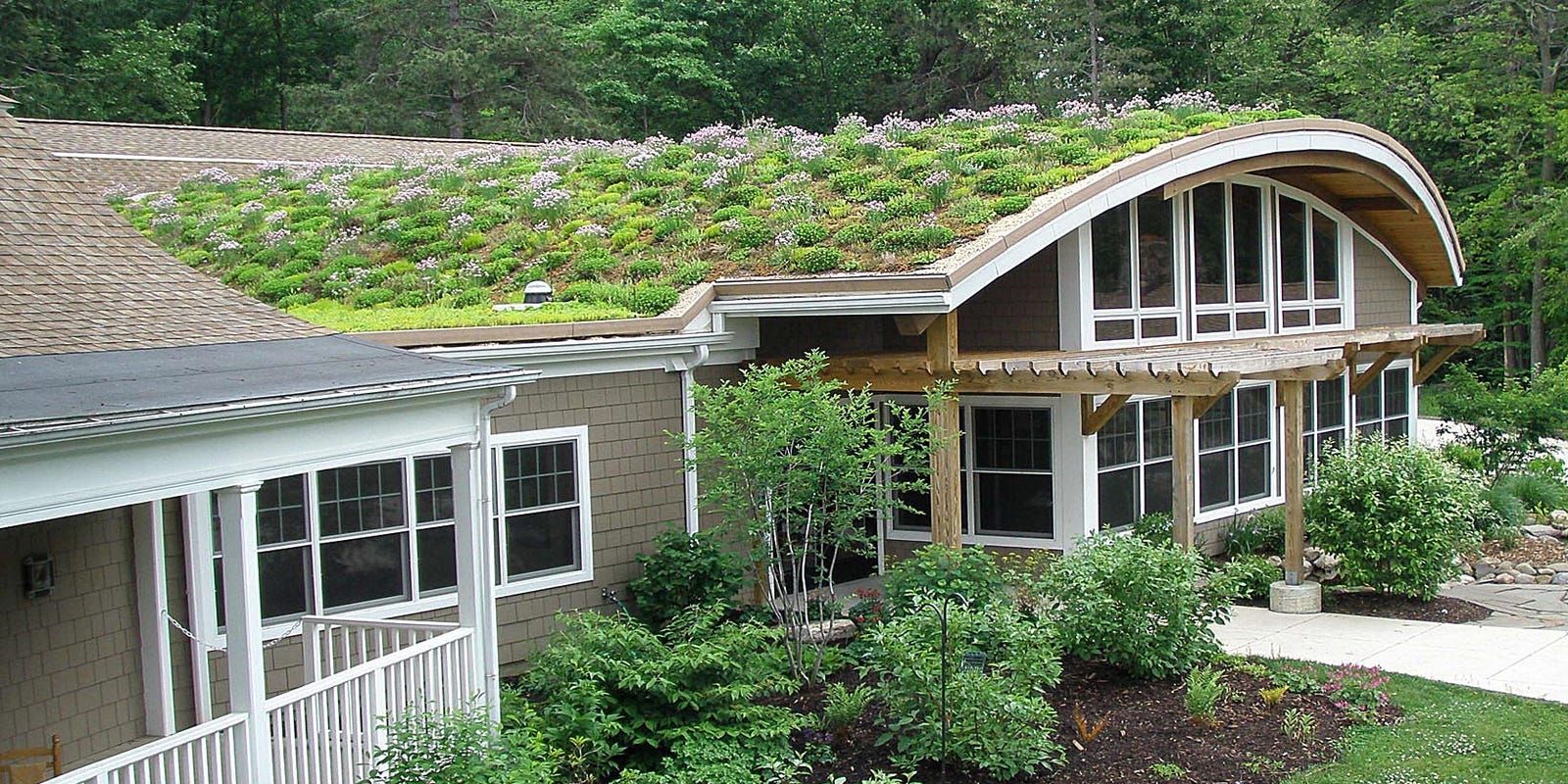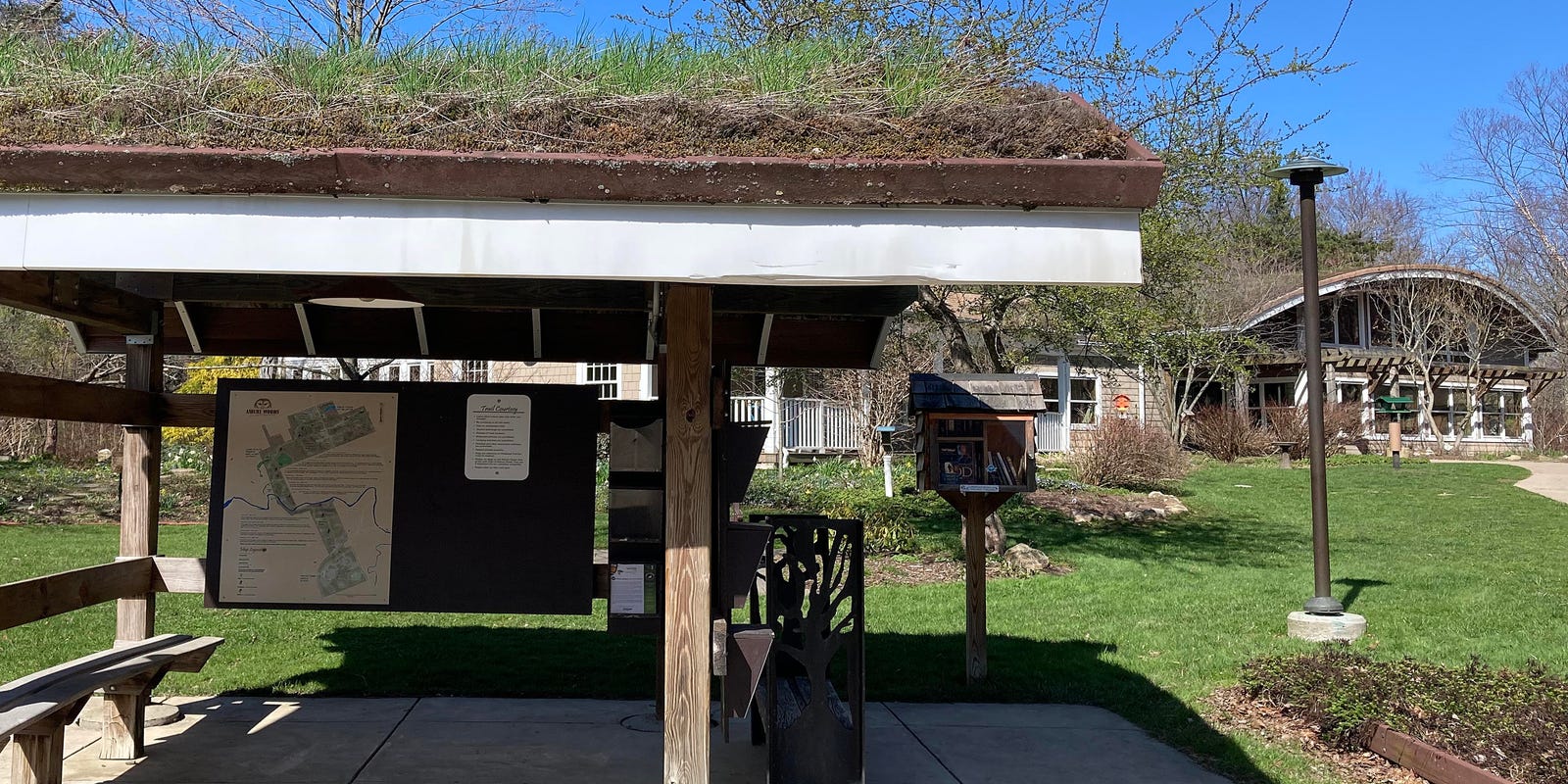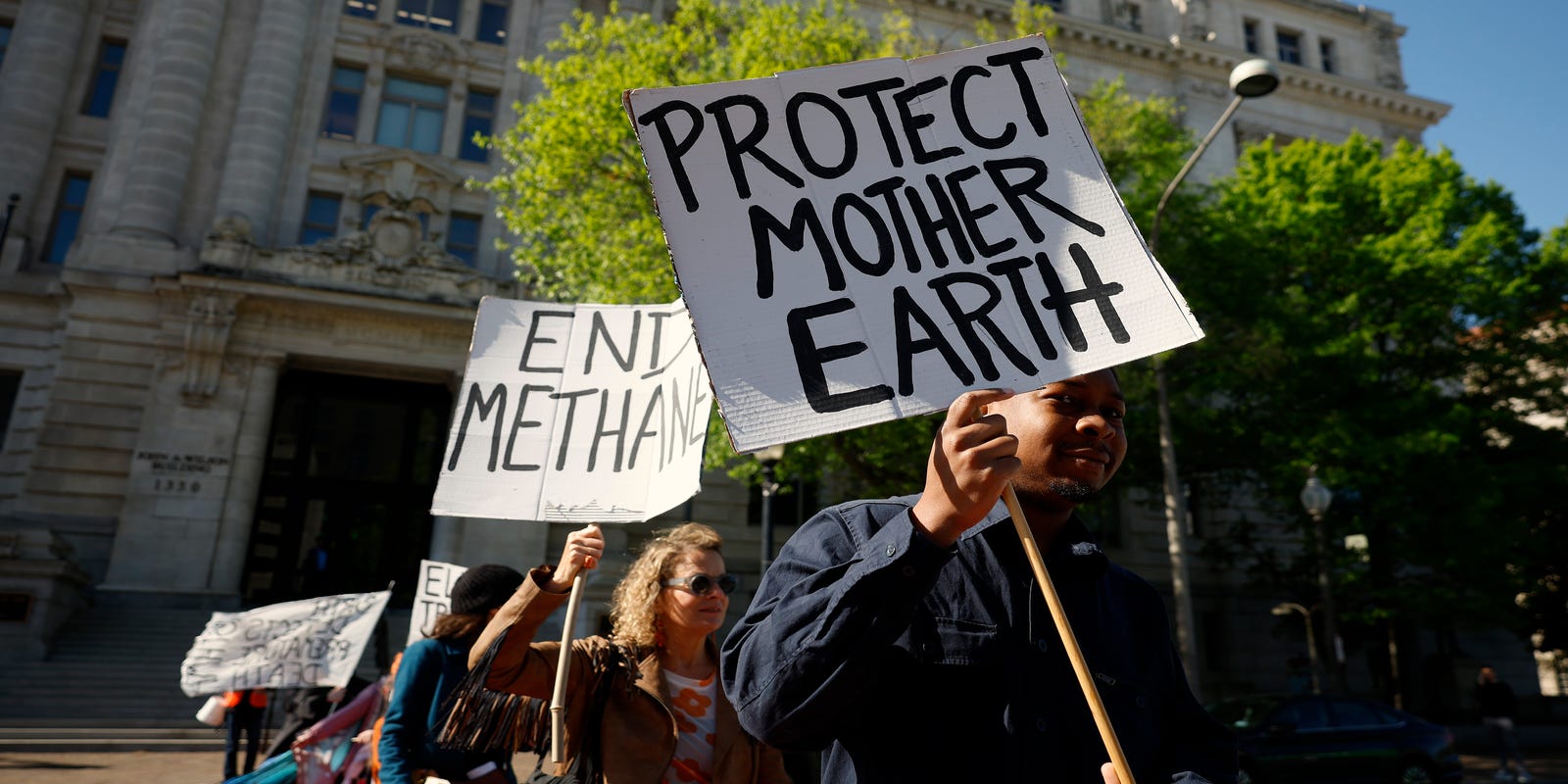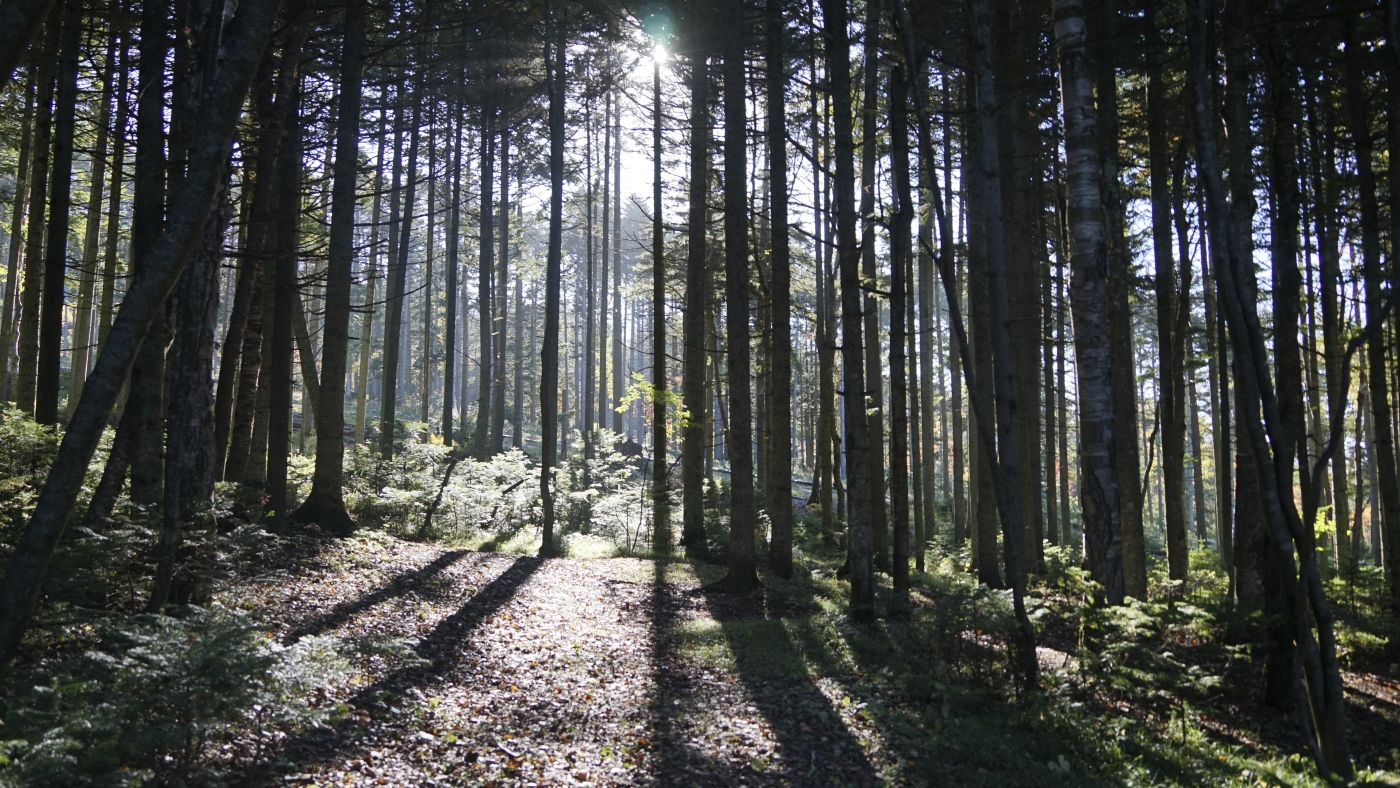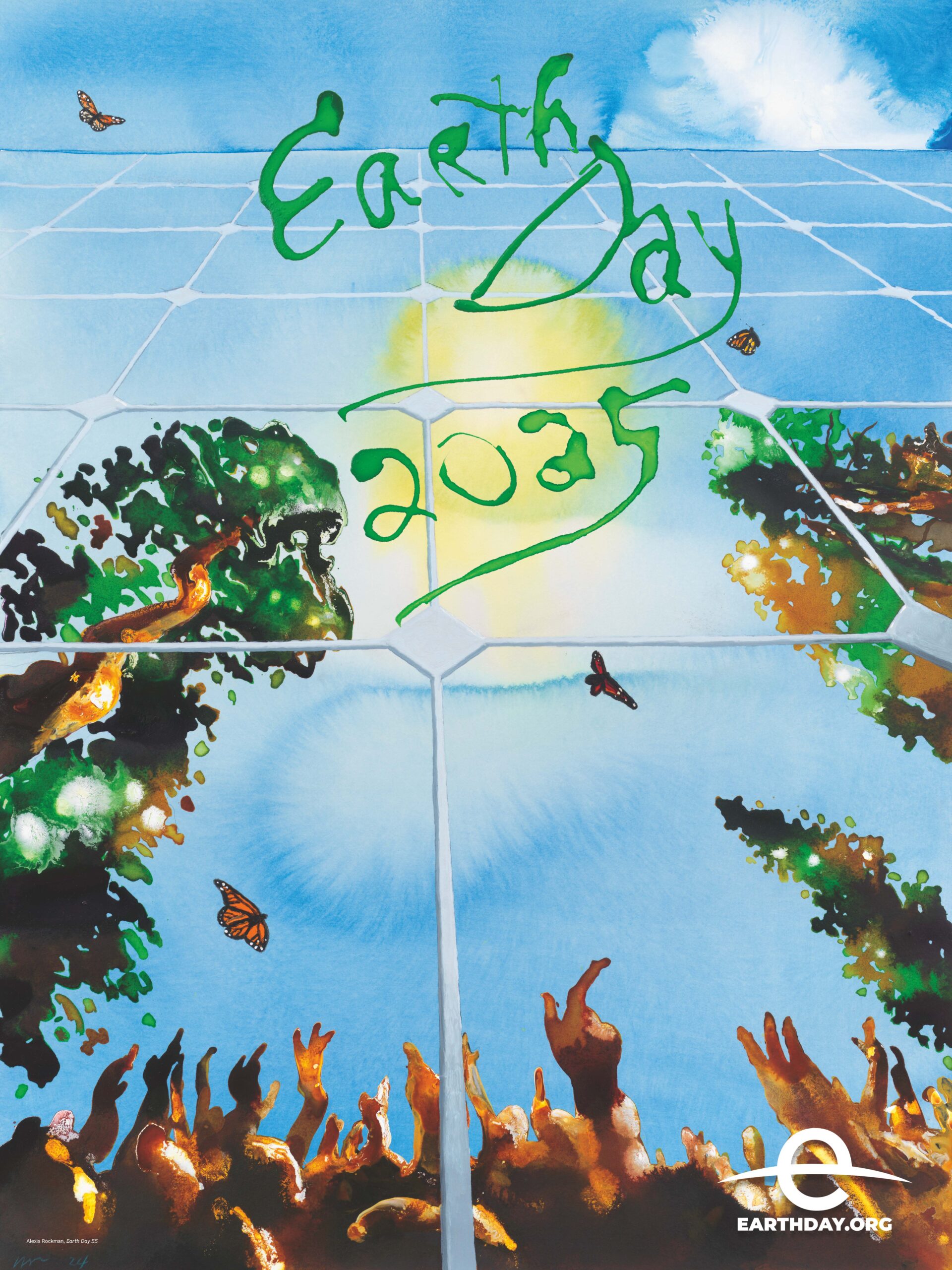
Green Revolution at 55: How One Day Can Transform the Planet's Future
As Earth Day celebrates its 55th anniversary this Tuesday, individuals have powerful opportunities to make a meaningful difference for our planet. The environmental impact starts with simple, conscious choices that can significantly reduce waste and protect our ecosystem. According to the Pennsylvania Resources Council, citing EPA data, the average American generates a staggering 4.4 pounds of waste daily—a statistic that highlights the urgent need for more sustainable practices. Food waste emerges as the most substantial contributor to this environmental challenge, presenting a critical area where personal actions can create substantial positive change. By embracing mindful consumption, practicing recycling, and advocating for environmental protection, everyone can play a role in preserving our planet's health. This Earth Day serves as a perfect reminder that individual choices, when multiplied across communities, can drive significant environmental progress.

